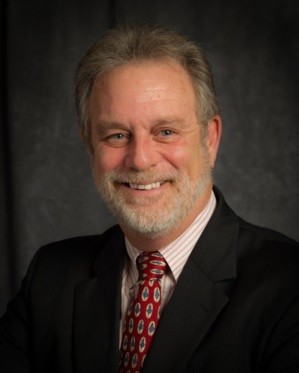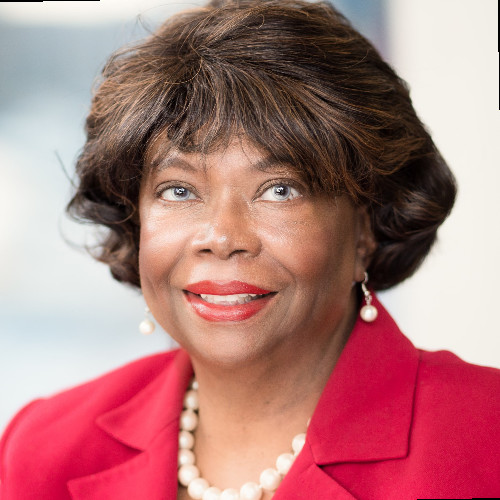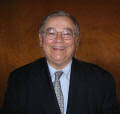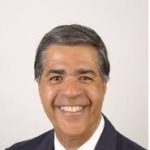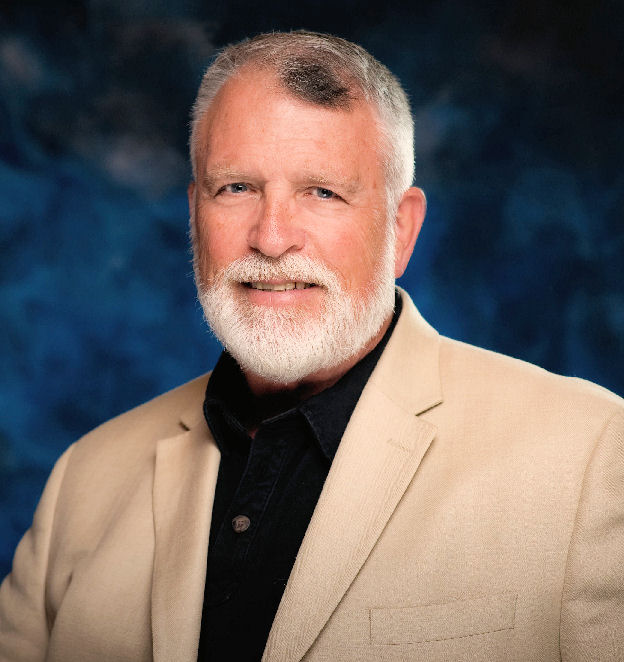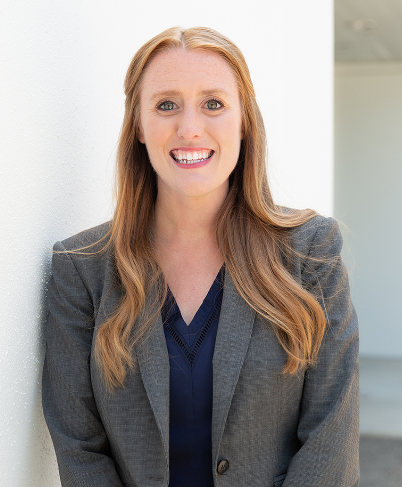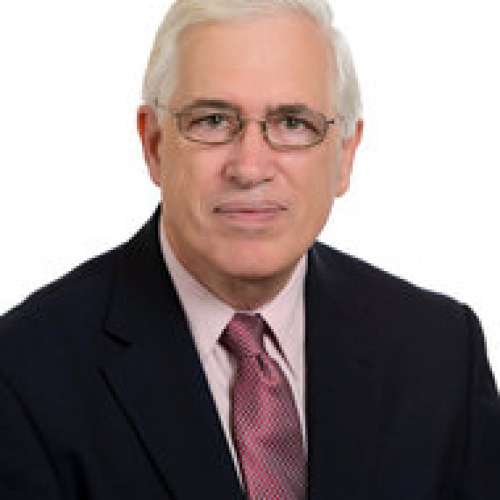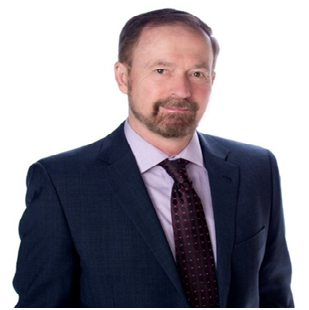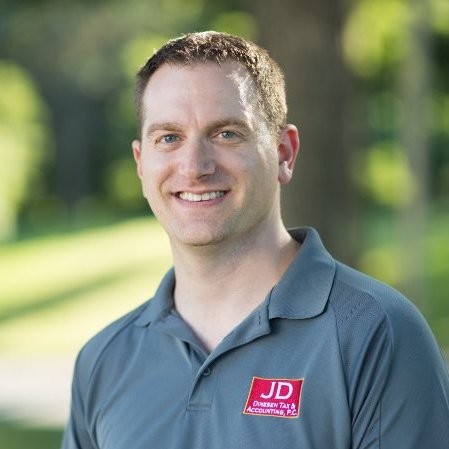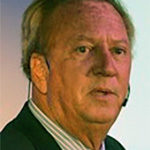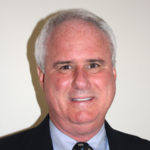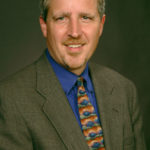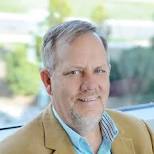You Determined The Interviewee Is Lying, Now What?
When conducting interviews, Interviewers should ask appropriate open-ended questions that call for a narrative response. When the interviewee is responding, the interviewer should be listening to verbal and paralinguistic, as well as observing non-verbal indicators of truth or deception. An interviewer will then need to ask clarifying open ended questions to explore not fully explained parts of the responses, inconsistencies in the narrative response, as well as inconsistencies with known facts. The interviewer should be listening and looking for further indications of truth or deception in the responses to clarifying questions. Guilty persons are not the only interviewees who lie. For a variety of reasons that will be explored, many people will lie when interviewed. An interviewer needs to know how to handle the lies and deception, and draw out the truth in a legally and ethically accepted method.
- Detecting Truthful Responses to Interview Questions
- Detecting Deceptive Statements
- Appropriate follow-up questions to attain the truth
- Breaking Down Barriers t gain trust to achieve truthful responses
- Boxing in the interviewee with his or her responses
- Motivations for interviewees to be honest or untruthful.
- How to detect deceptive and truthful responses.
- Interviewer word choices to draw out the truth.
- Interviewer body language to assist in truth telling.
- Appropriate follow-up direct questions that are designed to elicit either a truthful response or an easily detected direct lie.
- How to use effective transition statements informing the interviewee that his or her responses are not believable and that truthful responses are the best course to take
- How to deal with reluctant, uncooperative, and hostile interviewees.
An interview objective should be to attain the truth from an interviewee. Most interview training seminars essentially explore the methods to determine if an interviewee is truthful or deceptive. However, many seminars and sessions fall short and do not provide in detail the methods an interviewer can employ to legally and ethically draw out the truth from a deceptive interviewee.
By attending this webinar you will learn the different categories of deception and the methods employed by an interviewer, including word choices, proxemics, body language, and appropriate follow-up direct questions to draw out the truth from an interviewee. You will learn how to break down barriers and overcome the objections of reluctant, uncooperative, or hostile interviewees.
Furthermore, by attending this webinar you will learn how to best inform an interviewee that his or her responses are not believable and how to ask appropriate questions that lead to the truth. In addition, you will learn that even the best interviewers will not be able to achieve the objective of receiving the truth from some interviewees. As such, you will learn a secondary interview objective of “boxing-in” the interviewee with his or her responses by asking appropriate direct questions.
- Individuals conducting investigations
- Fraud Examiners
- Internal Investigators
- Attorneys
- External Auditors
- Internal Auditors
- Compliance and Ethics managers
- Security personnel
- Loss Prevention personnel
- Human Resource personnel .
John E. Grimes III, CFE, CFI has over 45 years of law enforcement, criminal investigation, loss prevention, fraud examination experience, and teaching experience. John began his law enforcement career with the Baltimore City Police Department where he became a Detective in the Criminal Investigation Division (CID). John left Baltimore and became a Special Agent with the newly formed Amtrak Police Department Fraud and Organized Crime Unit and was later promoted to Captain of the CID. In 1993, John joined the Amtrak Office of Inspector General/Office of Investigations as a Special. He was promoted to Supervisory Special Agent and Regional Supervisory Special Agent. 1999, he was appointed the Chief Inspector. John retired from service in 2011. John spent the majority of his career with the OIG investigating procurement fraud. John is currently the proprietor of Fraud and Loss Prevention Solutions. He consults and provides training and speaks on a variety of fraud topics including Procurement Fraud, Fraud and Loss Prevention Strategies, and Forensic Interviewing and Interrogation. John also speaks about Ethics and Leadership. In addition, John is an Adjunct Professor of Forensic Studies at Stevenson University. John re-developed and teaches the graduate level course, Investigative Interview Techniques. In addition, he is an Advisory Committee member for the Center for Forensic Excellence at Stevenson University. He also developed and taught an introductory Loss Prevention Course for Blue Ridge Community College in Hendersonville, NC. John is the Immediate Past President of the Maryland Chapter of the Association of Certified Fraud Examiners. John has been recognized as a Certified Fraud Examiner since 1997. John is also recognized as a Certified Forensic Interviewer by the Center for Interviewer Standards and Assessments, Ltd. He is a member of the Reid Institute on Interviewing and Interrogation and is al a member of the Loss Prevention Foundation. John holds an AA n Criminal Justice from The Community College of Baltimore County, a BA in Business with an emphasis in Accounting from the Notre Dame of Maryland University, and an MS in Forensic Studies from Stevenson University. Additionally, John is a 1987
Upcoming Webinars
















